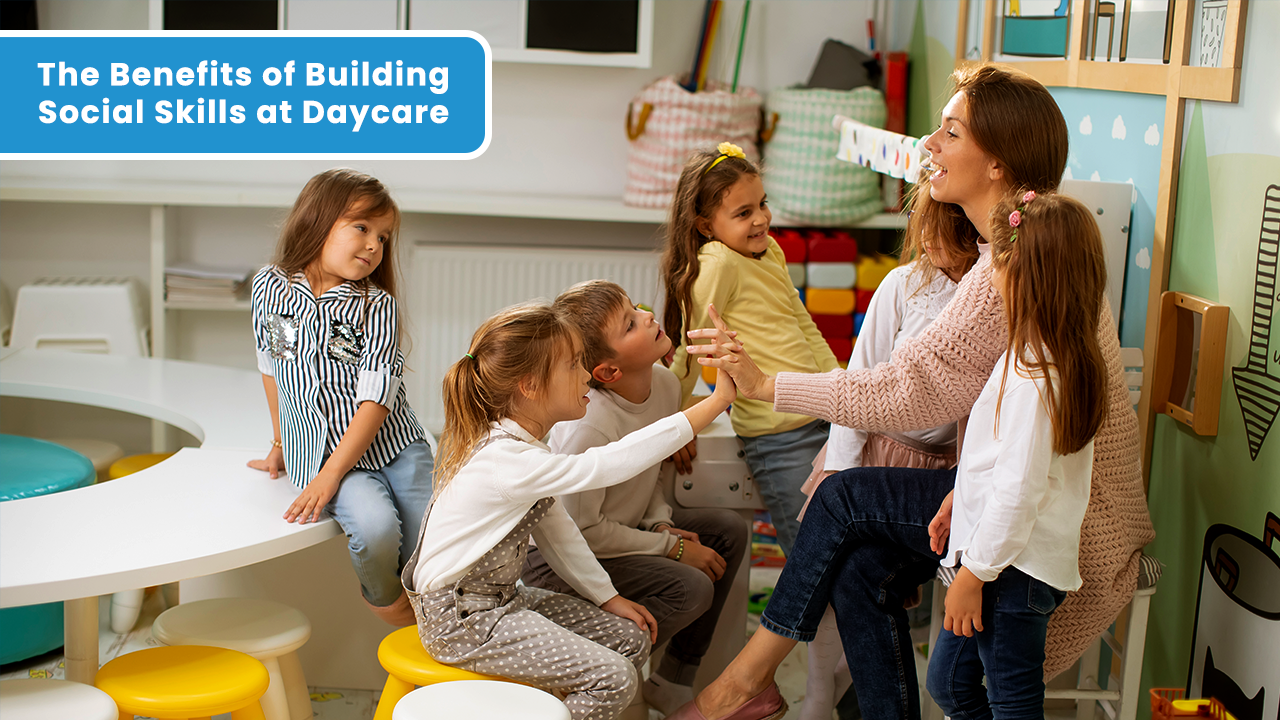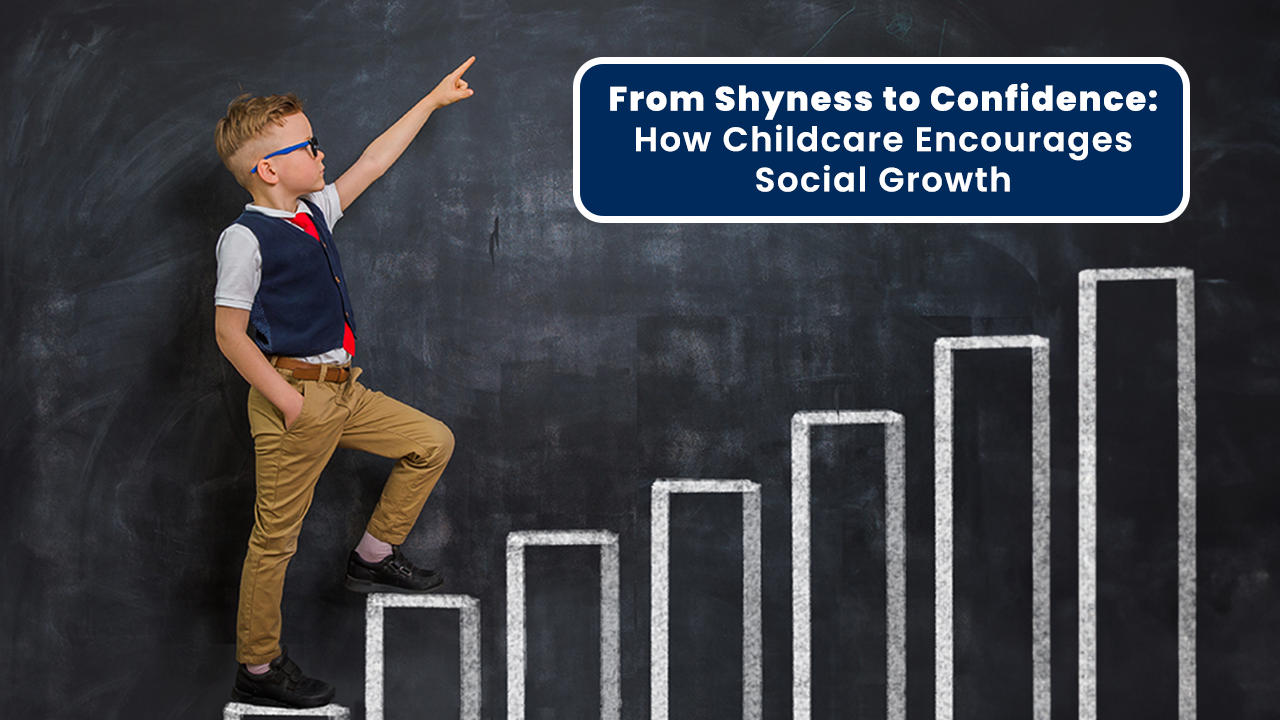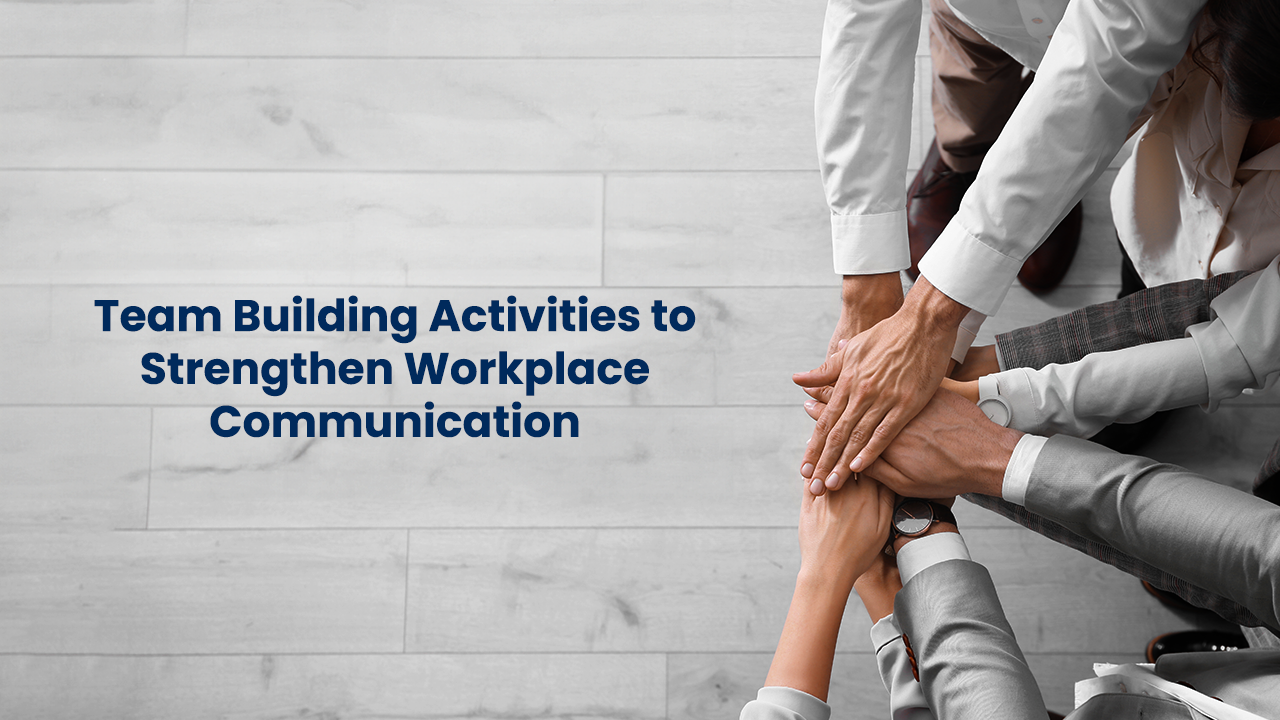
In the bustling world of early childhood development, daycare centers play a pivotal role in shaping a child’s social skills. These formative years are crucial for building interpersonal relationships, empathy, and effective communication. In this blog, we’ll explore the importance of building social skills at daycare and how these skills contribute to a child’s overall development.
The Importance of Building Social Skills at Daycare
Early Socialization:
Daycare provides children with their first taste of socialization outside the family unit. Interacting with peers and caregivers allows them to learn how to share, take turns, and collaborate on various activities. These initial social experiences are invaluable, setting the stage for more complex social interactions later in life.
Developing Empathy:
Daycare environments offer a diverse social setting where children learn to understand and appreciate differences among their peers. Through shared experiences, they develop empathy—the ability to recognize and respond to the feelings of others. This emotional intelligence becomes a cornerstone for building positive relationships throughout their lives.
Effective Communication:
Learning to express oneself and understand others is fundamental to social development. Daycare provides a platform for children to enhance their verbal and non-verbal communication skills. Whether through play, storytelling, or group activities, children gradually refine their ability to convey thoughts and emotions to their peers and caregivers.
Teamwork and Collaboration:
Group activities and playtime at daycare teach children the importance of teamwork and collaboration. Whether engaged in building blocks, solving puzzles, or participating in group games, they learn how to work together, share ideas, and achieve common goals. These early lessons in collaboration lay the groundwork for successful social interactions in school and beyond.
Conflict Resolution:
In any social setting, conflicts are bound to arise. Daycare provides a safe space for children to experience and navigate disputes under the guidance of trained caregivers. Learning to express their feelings, listen to others, and find mutually agreeable solutions equips children with vital conflict-resolution skills that will serve them well.
Building Confidence and Independence:
Children gain confidence and independence as they engage with their peers at daycare. From making choices during playtime to expressing their preferences, these experiences foster a positive self-image and a belief in their abilities to navigate social situations autonomously. Learn more about how childcare encourages social growth.
Parental Involvement:
The partnership between daycare centers and parents is crucial in reinforcing the development of social skills. Regular communication between caregivers and parents allows for a holistic approach to a child’s growth, ensuring that strategies for social development are consistent at home and daycare. Read more about the importance of the dynamic duo of parents and childcare educators.
Strategies for Building Social Skills at Daycare
Encourage playful interactions:
Create an environment that stimulates interactive play among children. From imaginative play corners to group activities, providing opportunities for children to engage in shared experiences fosters the development of vital social skills such as cooperation, communication, and teamwork.
Model positive social behavior:
Caregivers and educators serve as role models for children. Demonstrate positive social behaviors such as kindness, sharing, and effective communication. By consistently modeling these behaviors, adults can influence and guide children in adopting similar positive social norms.
Facilitate group activities:
Organize structured group activities that encourage collaboration and teamwork. Group projects, storytelling circles, and music sessions engage children and provide a platform to practice essential social skills in a supportive and supervised setting.
Promote Inclusive Play:
Foster an environment that embraces inclusivity. Encourage children to include others in their play and celebrate the group’s diversity of interests and backgrounds. This promotes a sense of belonging and teaches children to appreciate differences from a young age.
Teach conflict resolution:
Conflicts are inevitable, even in daycare settings. Equip children with age-appropriate conflict resolution skills, emphasizing the importance of expressing feelings, active listening, and finding mutually agreeable solutions. Supervise these interactions to guide them through the process.
Create social learning zones:
Designate specific areas within the daycare for social learning activities. These zones can include reading corners, building blocks, or art stations, encouraging children to interact with one another while engaging in activities that promote sharing, turn-taking, and communication.
Establish Consistent Routines:
Children thrive in environments with clear and consistent routines. Establishing regular schedules for meals, playtime, and activities provides a sense of stability. Predictable routines contribute to a positive social atmosphere as children learn what to expect and feel more secure in their interactions.
Encourage verbal expression:
Foster verbal communication by encouraging children to express themselves using words. Teach them to articulate their feelings, needs, and thoughts, helping to build a strong foundation for effective communication in various social contexts.
Celebrate social milestones:
Acknowledge and celebrate achievements in social development. Whether it’s a child successfully sharing a toy or resolving a conflict independently, positive reinforcement reinforces the importance of good social behavior and encourages further growth. Read also about celebrating special occasions at daycare.
Maintain open communication with parents:
Establish a continuous feedback loop with parents. Regular communication ensures that strategies for promoting social skills are consistent between the daycare and home environments. Sharing insights and progress allows for a collaborative approach to support each child’s social development journey.
Conclusion on Building Social Skills at Daycare:
Daycare is more than just a place for parents to entrust their children during working hours; it’s a dynamic environment that contributes significantly to a child’s social development. The early socialization experiences, empathy building, effective communication, teamwork, conflict resolution, and confidence gained at daycare create a solid foundation for future social success.


